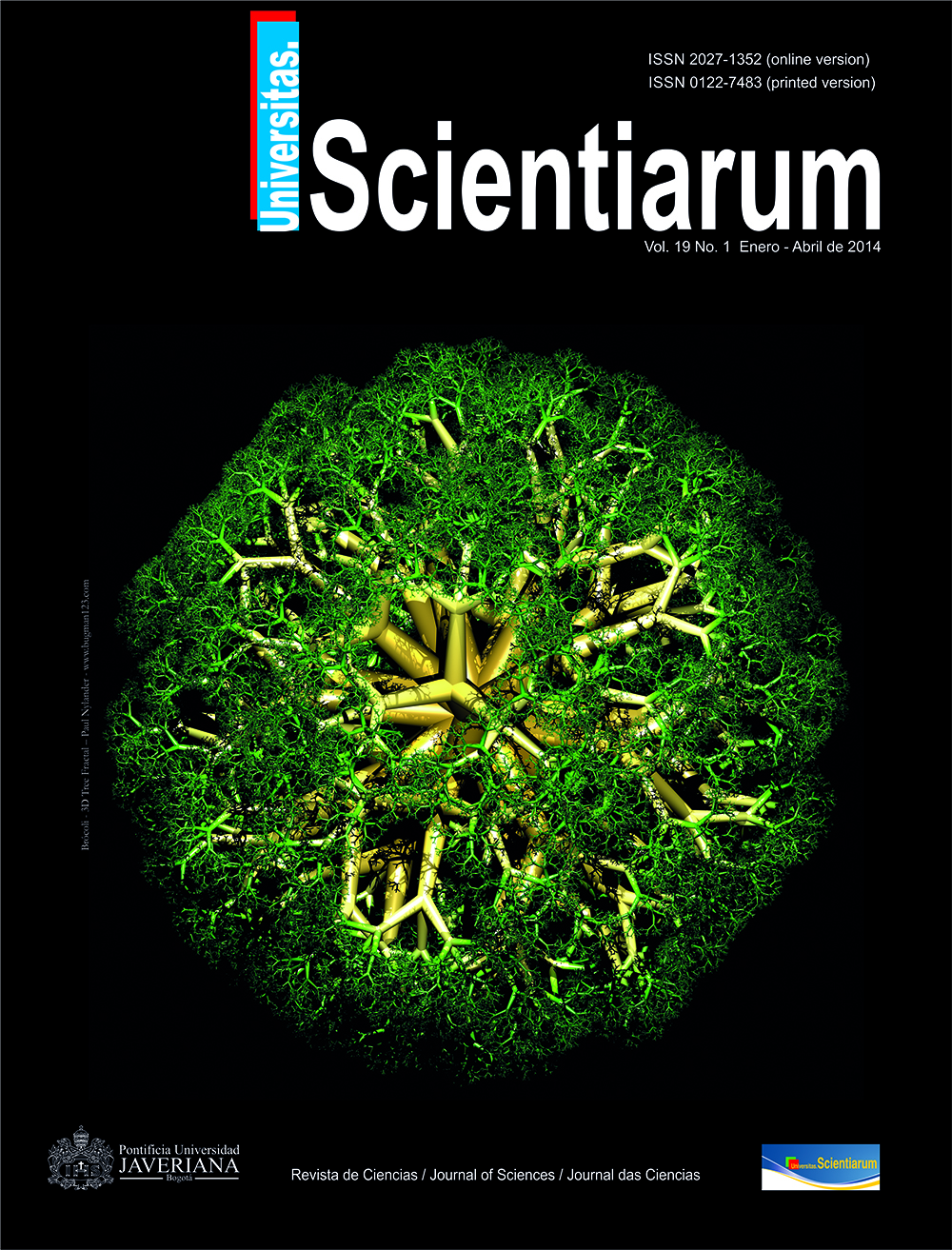Abstract
The density of heterotrophic bacteria is greater than autotrophic in marine snow aggregates influenced by continental runoff. Four coral reef areas at different distances from the Canal del Dique served to evaluate this premise; this canal is the main source of inland resources for the coral reefs of the Nuestra Señora del Rosario archipelago in Cartagena in the Colombian Caribbean. The average density of microorganisms in marine snow aggregates was determined using epifluorescence. The results showed higher density of heterotrophic bacteria (3.63 x 104 ± 1.6 x 104 SE cells mL-1) than autotrophic (6 x 103± 1.3 x 103 SE cells mL-1), mainly in reefs near continental runoff discharges (heterotrophic bacteria density of 8.9 x 104 cells mL-1 and 3 x 104 cells mL-1 Isla Arena and Tesoro, respectively). The density of microorganisms found is typical of high-particulate organic matter areas and, therefore, could be a potential indicator of continental runoff. Future studies should focus on determining the composition of the bacterial community associated with marine snow and its potential virulence on reef organisms.Univ. Sci. is registered under a Creative Commons Attribution 4.0 International Public License. Thus, this work may be reproduced, distributed, and publicly shared in digital format, as long as the names of the authors and Pontificia Universidad Javeriana are acknowledged. Others are allowed to quote, adapt, transform, auto-archive, republish, and create based on this material, for any purpose (even commercial ones), provided the authorship is duly acknowledged, a link to the original work is provided, and it is specified if changes have been made. Pontificia Universidad Javeriana does not hold the rights of published works and the authors are solely responsible for the contents of their works; they keep the moral, intellectual, privacy, and publicity rights. Approving the intervention of the work (review, copy-editing, translation, layout) and the following outreach, are granted through an use license and not through an assignment of rights. This means the journal and Pontificia Universidad Javeriana cannot be held responsible for any ethical malpractice by the authors. As a consequence of the protection granted by the use license, the journal is not required to publish recantations or modify information already published, unless the errata stems from the editorial management process. Publishing contents in this journal does not generate royalties for contributors.



